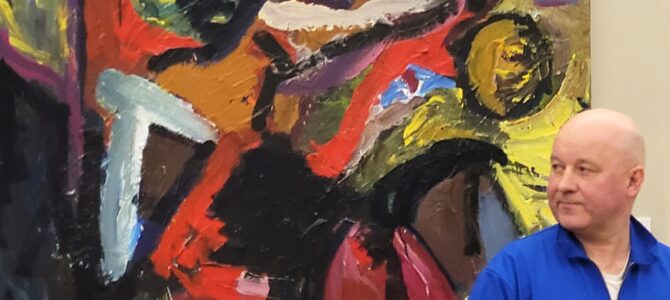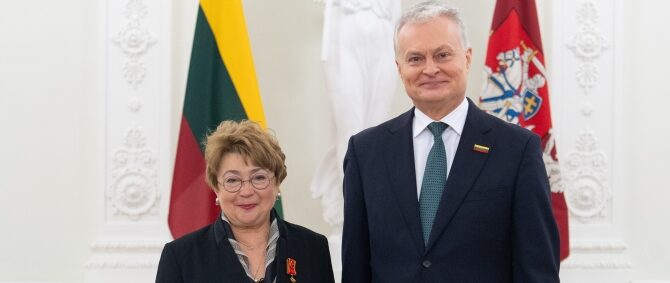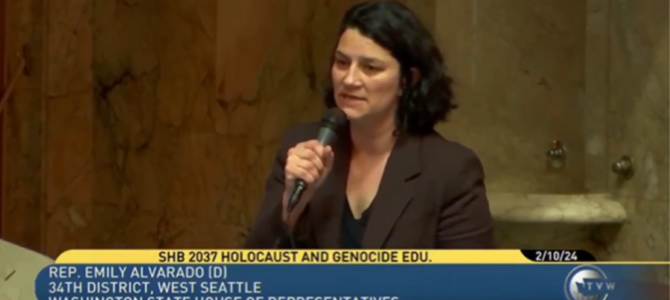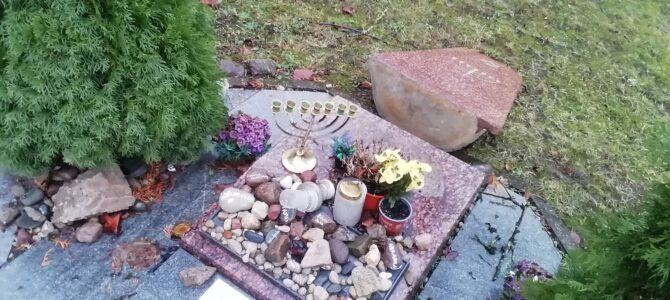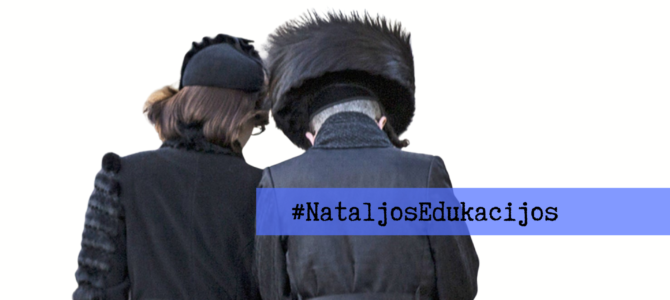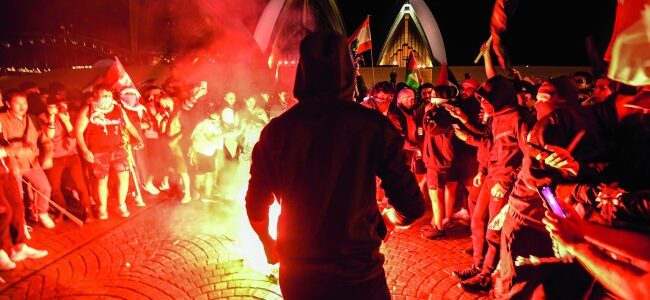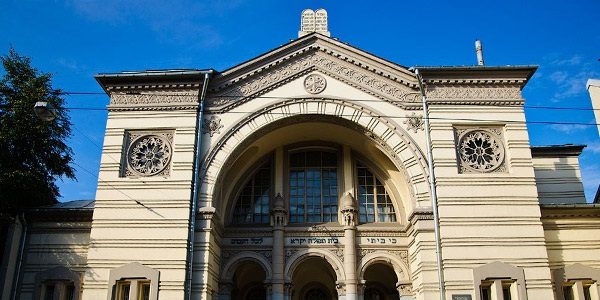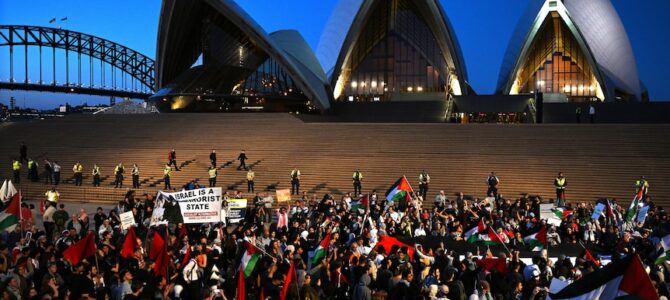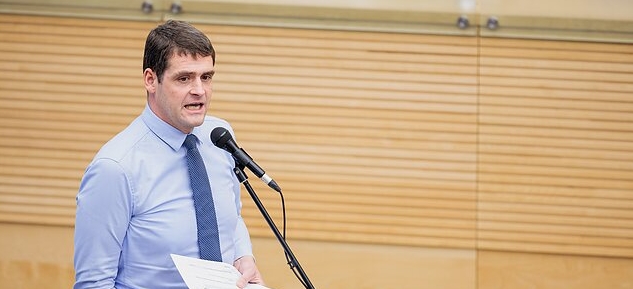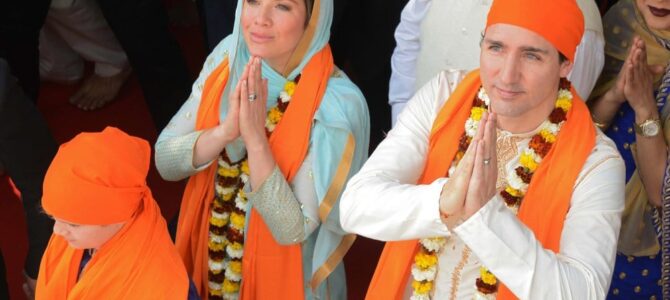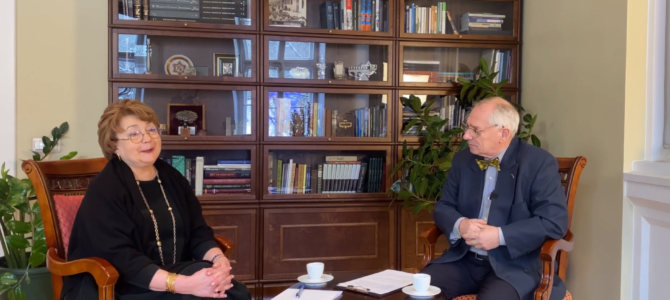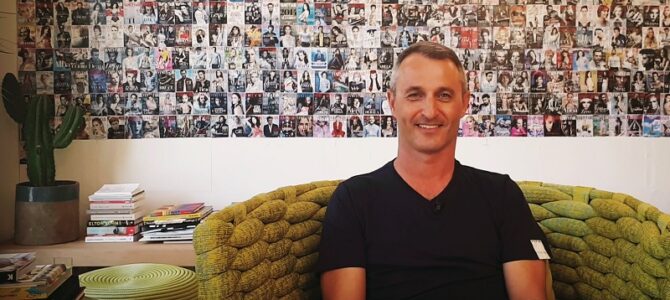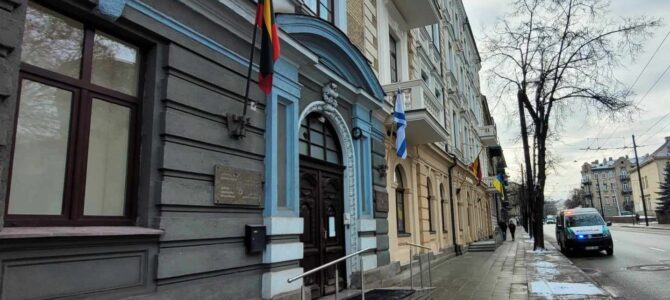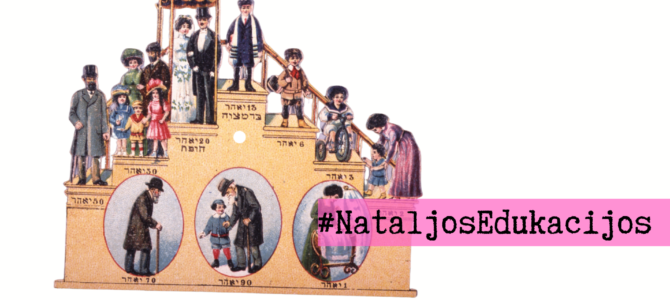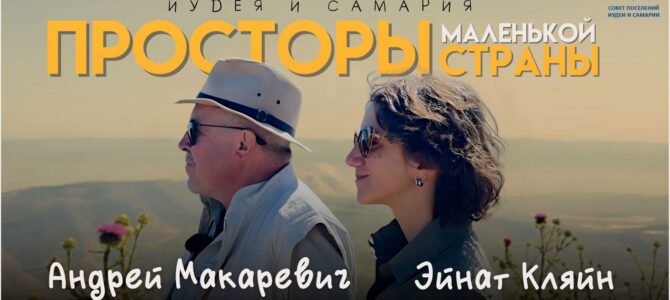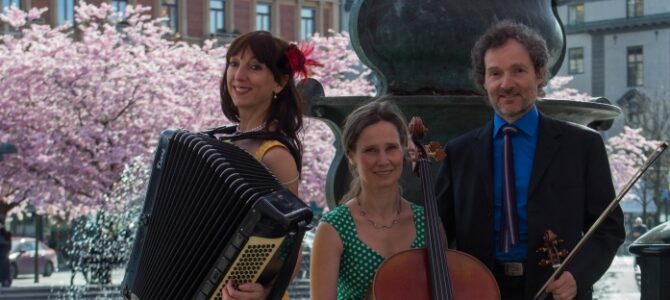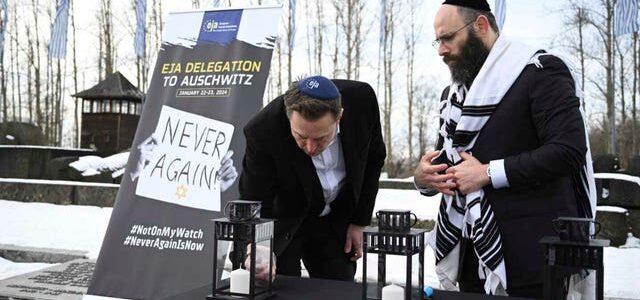The Lithuanian Jewish Community has issued a press release following the latest attack on Jewish sites in Vilnius:
The attacks against Lithuanian Jews continue. Not even a week has passed since a stone hurled by a vandal broke a window at the entrance to the LJC in Vilnius, miraculously avoiding wounding anyone, and now the Choral Synagogue, an extremely important site for Litvaks in Vilnius, has been graffitied and desecrated. The Choral Synagogue is hte only working synagogue in the Lithuanian capital.
As in earlier cases, the Community has contacted the police, but our main concern is not to punish the vandals, but to protect people.
“This isn’t just any old graffiti. Besides property damage, the inscription scrawled on this religious site was an attempt to insult and debase Jews,” Lithuanian Jewish Community chairwoman and attorney Faina Kukliansky commented. “The investigations launched will be meaningless if someone gets hurt. Knowing the kind of brutal anti-Semitic attacks which have been taking place around the world recently, we are concerned for the children at the Sholem Aleichem Gymnasium, the toddlers at the Salvija kindergarten, our seniors arriving at the Community’s Social Center and Community events, and of course for those practicing their religion at the Choral Synagogue.”
We would like to point out that, beginning with member of parliament Remigijus Žemaitaitis’s anti-Semitic statements last year and the massacre Hamas staged in southern Israel on October 7, attacks on Lithuanian Jews have become more and more frequent. Just last week the LJC was attacked, a pedestrian bridge in the Viršuliškės neighborhood of Vilnius was graffitied with Nazi symbols and an extremist group’s symbol was placed as stickers on municipal mass transport. Now the Choral Synagogue has been attacked. What’s next?
Anti-Semitism won’t disappear by itself and the rapid and highly professional response of law enforcement, for which we are extremely grateful, won’t suffice. We need first and foremost preventative measures which put a halt to future attacks. And so yet again we are asking for help from the state. Only joint efforts can insure safety and change the ever-louder anti-Semitic narrative.



